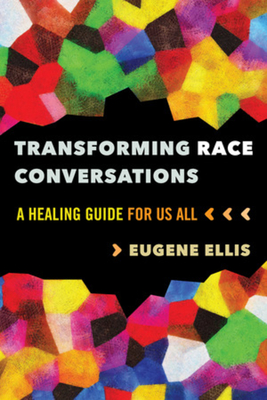
description
e of racism, we need to have the "race conversation." All too often, however, attempts at this conversation are met with silence, denial, anger, or hate. This is largely because the construct of race resides not only in our minds, but principally in the body. In order to have productive conversations about race and racism, a paradigm shift is needed--one which will empower us to remain present and embodied, rather than constricted with fear, regardless of our racial identities.
Here, psychotherapist Eugene Ellis explores what is needed for this bodily shift to occur as he unpacks the visceral experience of the race conversation. He offers a trauma-informed, neurophysiological approach that emphasizes resourcing, body awareness, mindfulness, and healing. Transforming Race Conversations is essential reading for therapy practitioners as well as anyone looking to engage more effectively in the ongoing dialogue around race.
member goods
No member items were found under this heading.
listens & views

CHRISTMAS CAROLS OF VAUGHAN WILLIAMS
by WILLIAMS,VAUGHAN / CARDIFF FESTIVAL CHOIR / HUGHES
COMPACT DISC$11.49
Return Policy
All sales are final
Shipping
No special shipping considerations available.
Shipping fees determined at checkout.






